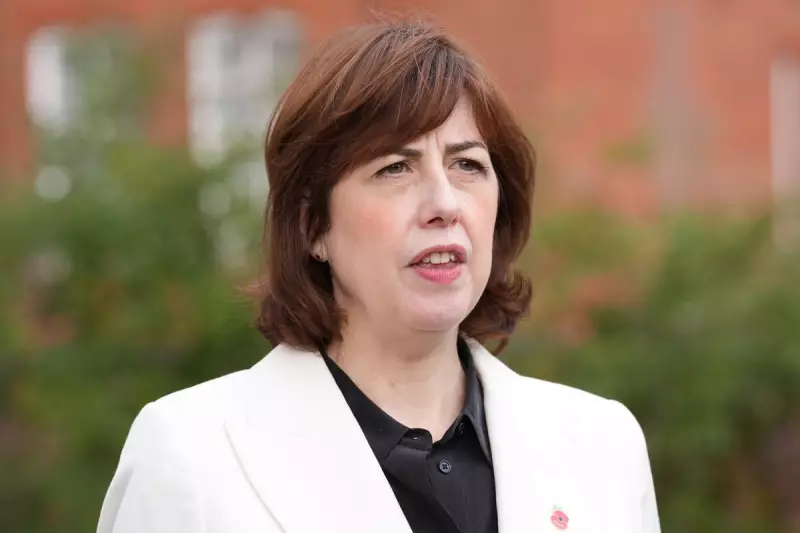
In a move that could reshape Britain's educational landscape, Labour has confirmed it will charge VAT on private school fees if it wins the next general election. Shadow Education Secretary Lucy Powell has thrown down the gauntlet, declaring the policy "non-negotiable" despite mounting criticism from independent schools and parents.
The £1.6bn Education Gambit
The controversial policy would impose the standard 20% VAT rate on private school fees, generating an estimated £1.6 billion annually. This substantial sum would be earmarked exclusively for state education, funding what Labour describes as "the biggest improvement in state schools for a generation."
Ms Powell defended the move, stating: "This is about creating a fair playing field and ensuring every child receives the excellent education they deserve, regardless of their background."
Mounting Opposition and Warnings
The Independent Schools Council (ISC) has launched a fierce counter-offensive, warning that the tax could force many smaller independent schools to close their doors. They project that approximately 90,000 pupils could be pushed into the state system, creating what they term a "demographic time bomb" for already stretched state schools.
ISC analysis suggests the policy might actually cost the Treasury money when accounting for the increased burden on state education. They argue that independent schools already save the taxpayer approximately £4.4 billion annually in educated costs.
A Political Battle Line
Chancellor Rachel Reeves appears unwavering in her commitment to the policy, seeing it as both a revenue generator and a powerful political statement about educational equality. The move forms a key part of Labour's broader economic strategy to raise funds without increasing income tax, National Insurance, or VAT rates for most other goods and services.
However, critics within the educational sector warn that the policy could have unintended consequences, potentially reducing diversity in education and placing additional pressure on state schools in areas with high concentrations of private education.
As the political battle intensifies, parents, schools, and policymakers are bracing for what could become one of the most significant shake-ups in British education funding in decades.





